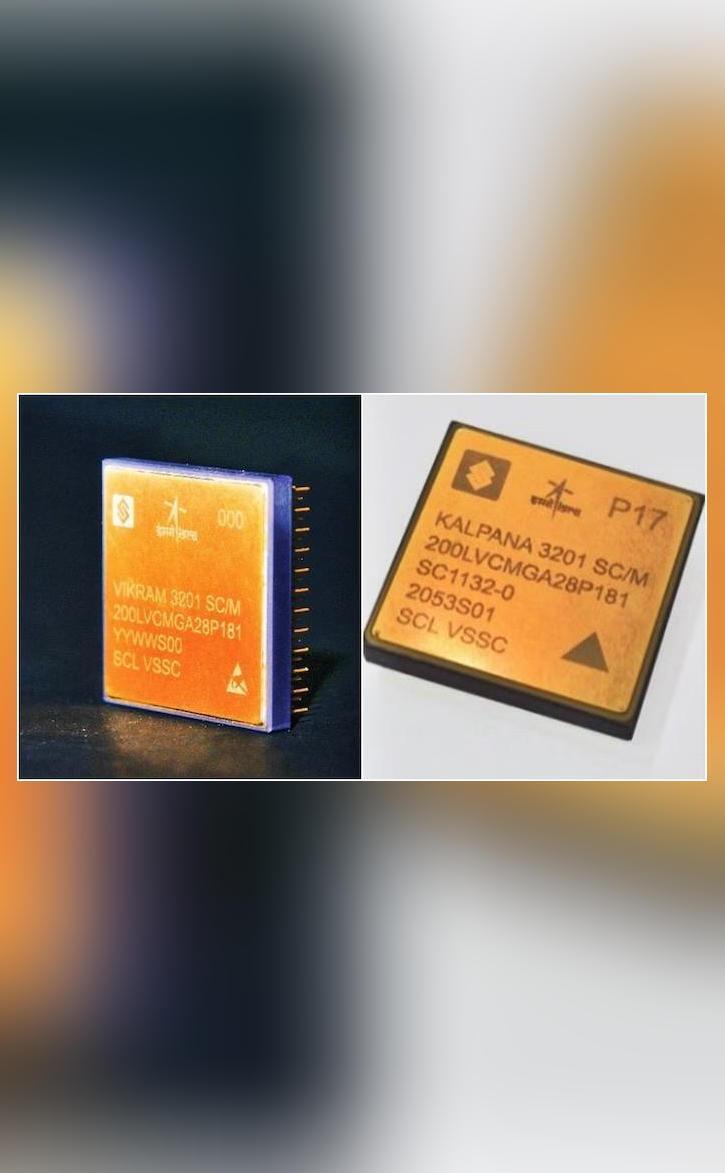
ISRO & SCL develop 32-bit microprocessors for space applications
In a significant achievement for the Indian space technology, the Indian Space Research Organisation (ISRO) and the Semiconductor Laboratory (SCL) in Chandigarh have jointly developed two 32-bit microprocessors, VIKRAM3201 and KALPANA3201, specifically designed for space applications. This development marks a major milestone in the country’s mission to become self-reliant in the production of high-performance microprocessors for space and defence applications.
The VIKRAM3201 microprocessor is the first fully “Make-in-India” 32-bit microprocessor that has been qualified for use in the harsh environmental conditions of launch vehicles. This achievement is a testament to the technological capabilities of Indian industries and the collaborative efforts between ISRO and SCL.
The development of these microprocessors is a significant step towards reducing India’s dependence on foreign technology and enhancing the country’s indigenous capabilities in the field of space technology. The VIKRAM3201 and KALPANA3201 microprocessors are designed to operate in extreme temperatures, radiation, and vibration, making them suitable for use in space-based applications.
The VIKRAM3201 microprocessor is a 32-bit, high-performance processor that operates at a frequency of up to 250 MHz. It has a low power consumption of 1.2 watts and is designed to operate in a wide range of temperatures from -20°C to 80°C. The processor has a high-speed memory interface and supports a variety of peripheral interfaces, including USB, SPI, and I2C.
The KALPANA3201 microprocessor, on the other hand, is a 32-bit, low-power processor that operates at a frequency of up to 100 MHz. It has a low power consumption of 0.5 watts and is designed to operate in a wide range of temperatures from -20°C to 80°C. The processor has a high-speed memory interface and supports a variety of peripheral interfaces, including USB, SPI, and I2C.
The development of these microprocessors is a significant achievement for ISRO and SCL, and it marks a major milestone in the country’s mission to become self-reliant in the production of high-performance microprocessors for space and defence applications. The VIKRAM3201 and KALPANA3201 microprocessors are designed to operate in extreme temperatures, radiation, and vibration, making them suitable for use in space-based applications.
The development of these microprocessors is also expected to have a significant impact on the Indian economy. The production of high-performance microprocessors for space and defence applications is a high-tech industry that requires significant investment and expertise. The development of these microprocessors is expected to create new job opportunities and stimulate economic growth.
In conclusion, the development of the VIKRAM3201 and KALPANA3201 microprocessors by ISRO and SCL is a significant achievement for the Indian space technology. These microprocessors are designed to operate in extreme temperatures, radiation, and vibration, making them suitable for use in space-based applications. The development of these microprocessors is a testament to the technological capabilities of Indian industries and the collaborative efforts between ISRO and SCL.






